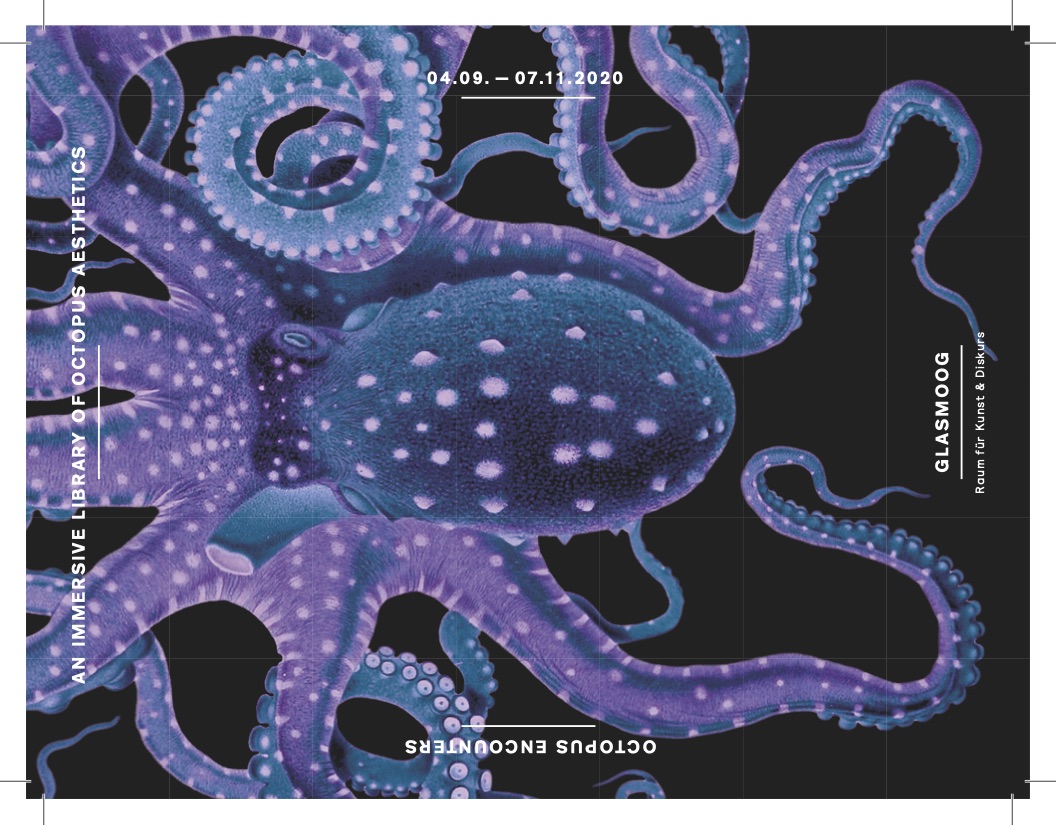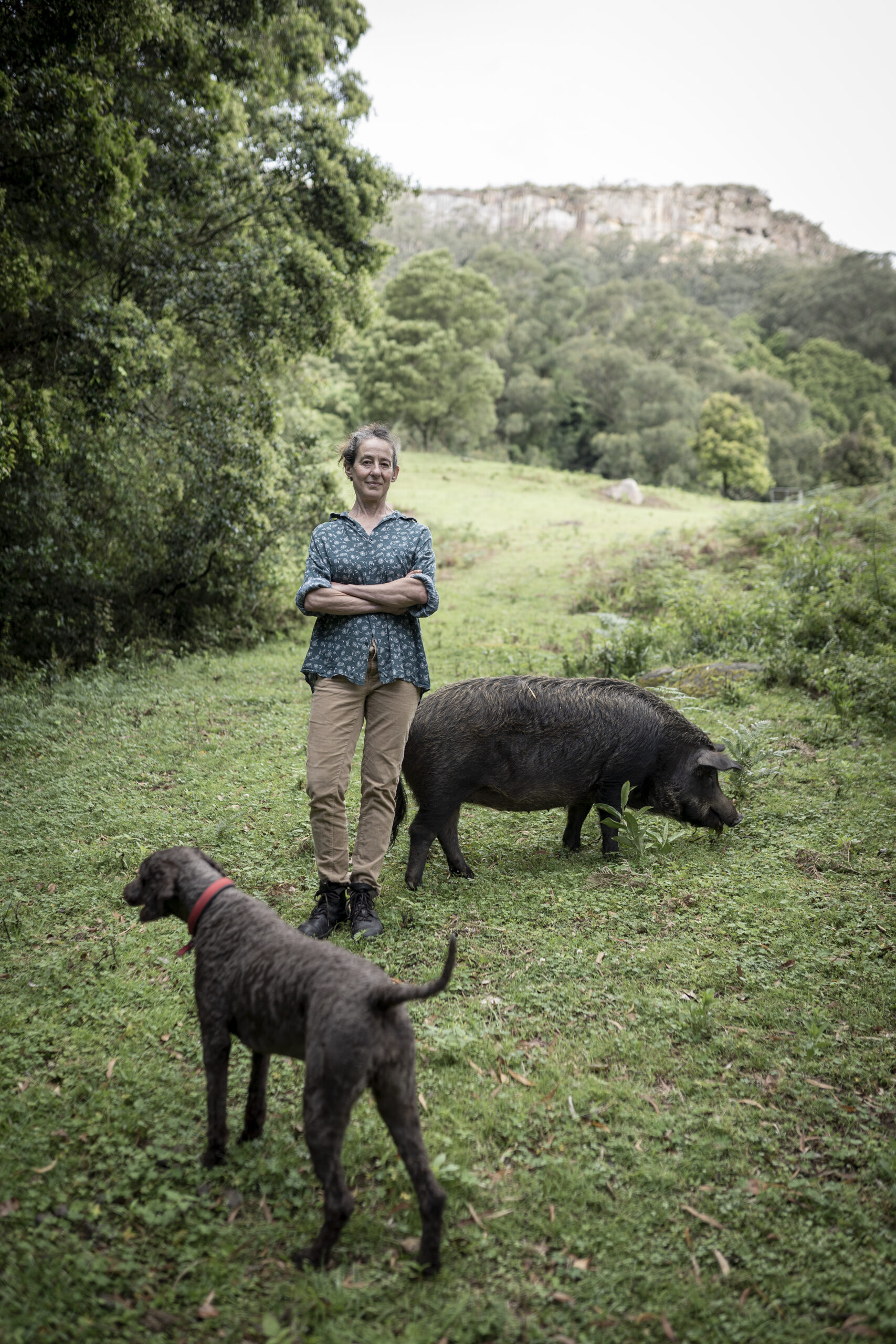30–31 October 2020, hosted by University of Kassel and GLASMOOG
See: www.okto-lab.org for updates
Species in the order of Octopoda are as intriguing as they are challenging to fathom. The images as monsters from the deep of unimaginable proportions reflect this strikingly, so does their prevalence as decoration, symbols and metaphors across cultures and times. Once you start looking for octopuses, you begin to see them everywhere. “Other Worlds” explores the octopus in reference to the title of Peter Godfrey-Smith’s book Other Minds as another consciousness and subject, to interrogate the octopus’s world (or worlds) and the cultural and scientific worlds in which we encounter them – both physically and as representations. As such, it falls under the auspices of Human-Animal Studies, Environmental Humanities and the Blue Humanities.
In recent years, the octopus has undergone a significant epistemo-cultural change. She is seen not as monster so much anymore than as other subject, although the monstrous of course survives especially in film. The reevaluation is driven not the least by researchers such as Jennifer Mather and Peter Godfrey-Smith, as well as by science writers such as Sy Montgomery and Danna Staaf, while historically it falls together with a reevaluation of our relationship to our environment driven by events such as climate change. These recalibrations require new approaches to nature in general and octopuses in particular, who underwent a dramatic rise from senseless suppliers of nerve fibers for the neurosciences to the most intelligent invertebrate in the ocean. Within all this, the octopus represents an immensely complex bio-cultural phenomenon that demands interdisciplinary perspectives to be unlocked, while the octopus can help us in unlocking new perspectives on the world and reshaping our approaches to the nonhuman world for the future. She becomes then a focal lens for our current historical ecological challenges.
“Other Worlds” is a project of OktoLab – Laboratory for Octopus Aesthetics, an international research lab for the interdisciplinary study of octopuses founded by researchers from the University of Tasmania, Australia and the University of Kassel, Germany. The conference coincides with Octopus Encounter: An Immersive Library of Octopus Aesthetics, an exhibition OktoLab has curated in collaboration with GLASMOOG in Cologne and Plimsoll Gallery in Hobart and both artistic and scientific contributors.
Registration: There is no fee for attending. Please register for the conference as soon as possible and not later than 11 October via: krebber@uni-kassel.de. Access links will be provided only to registered participants. An informal info with institutional affiliation (if you have one), full name, email address to be used for the conference software and country is sufficient.
Preliminary Program
Each presentation lasts 15 minutes, 4 presentations will be followed by 30 minutes discussion (times will be updated at a later stage)
Day 1, 30 October
Welcome: Organizing Committee
1st Section: Bodily Experiences
„Altered Ways of Being“, Burton Nitta, artist collective, London, UK
“From Form to Formlessness”, Patricia Ribault, Humboldt University Berlin, GER
tba, mOwson & M0wson, artist collective, Melbourne, AUS
Felix Mark, Alfred-Wegener Institute, Bremerhaven, GER (tbc)Discussion 1
Break
2nd Section: Living With
“Visiting Octopuses: Seeing Through Glass Clearly”, Hörner/Antlfinger, artist collective, Cologne, GER
“Thriving in Context: The Octopus World”, Chelsea Harry, Southern Connecticut State University, New Haven, CT, USA
Clip from Movie: “Oh Brother Octopus”, Florian Kuhnert, independent film maker, Cologne
“Collecting the Octopus: Animal, Artefact, Biofact”, Felix Sattler, Tieranatomisches Theater, Humboldt-University Berlin, GERDiscussion 2
Break
Keynote
“What is the World Like for an Octopus?” Jennifer Mather, University of Lethbridge, AB, CA
followed by podium discussion with Jennifer Mather, Jayson Semmens (University of Tasmania, AUS), Sidney Carls-Diamante (University of Konstanz, GER)
Day 2, 31 October
Short Welcome for new viewers/recap yesterday
3rd Section: Motives of Alterity
“The Giant Squid: The Creation of Monster”, Otto Latva, University of Turku, FIN
“Cephalization”, NEOZOON, artist collective, Berlin, GER & Paris, FRA
tba, Mike Singe, artist, Hobart, AUS
“Towards an animal-inclusive ethics/aesthetics of alterity, via Peter Godfrey-Smith’s Other Minds”, Christie Oliver-Hobley, University of Sheffield, UK
Discussion 3
Break
4th Section: Alternating Encounters
“The Decline and Fall of Evelyn Waugh’s octopuses”, Toby Juliff, University of Tasmania, AUS
“What Lies at the Heart”, Rachel Bailey (tbc)
“‘I’d Like to be Under the Sea’: In Search for Octopus Soundscapes”, Martin Ullrich, Nuremberg University of Music, GER
Discussion 4
Break
Performance Lecture
“Ten-Tickles”, Madison Bycroft, artist, Marseille, FRA
Funded by: DFG – German Research Council
Conference Committee: Dr. André Krebber, University of Kassel; Prof. Ute Hörner, KHM; Prof. Mathias Antlfinger, KHM; Anne Hölck, Berlin; Heike Ander, GLASMOOG, KHM



